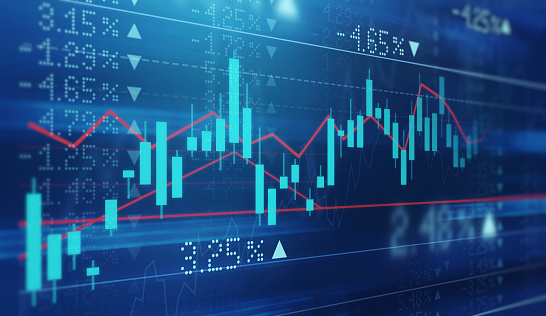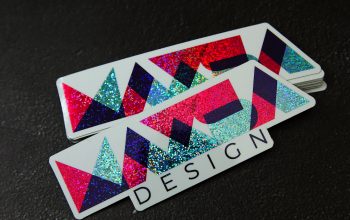A lot of newbie Australian traders, and possibly some of the veterans too, must have heard how commodity trading is a great way to secure one’s portfolio against inflation. Commodity trading has also been speculated to offer diversity compared to regular stocks and traditional bonds. But what exactly is commodity buying, and is it a wise investment strategy for daytime traders?
Australia’s Commodity Market:
Commodities refer to all the tangible goods like corn, precious metals, oil and even consumer products like flour. Commodity trading is the process of buying as well as selling these products in the market. Iron ore and petroleum gas constitute Australia’s biggest exports and imports, respectively, and investors can trade these commodities with the help of a broker or other financial agencies.
Commodities are usually divided into two: hard commodities and soft commodities.
- Hard: Hard commodities are all the commodities that are mined. Common examples include precious metals like gold and silver.
- Soft: Soft commodities refer to the commodities that are consumed. Coffee beans, wheat and corn, come under this category.
Buying Commodities In Australia
There are four main ways newbie traders in Australia can use to dabble with commodity buying:
1. Owning The Tangible Physical Products: This is considered the most cumbersome way of buying commodities; the issue of storage and maintenance puts most traders out of this option. This is especially true in the case of soft commodities that need to be consumed or will perish. Plus, there’s the additional problem of applying for insurance and finding the right buyers for the product. Tangible assets are bought by people with large capital and facilities to take care of the commodities in the long run. It’s not a recommended option for newbie traders and those that don’t have the means to store or protect the goods.
2. Futures: Probably the most hassle-free option when it comes to commodity trading, individuals can opt to buy or sell futures contracts on various exchanges. Although there’s no ownership of actual physical goods, it’s more like buying a set of commodities at the current market price and selling them later when they rise for a profit. Traders need to set up a brokerage account that deals with these specific services first before they can buy contracts and sell them.
3. Buying The Stocks: Another great way to deal in commodities is to buy the stocks of the company that makes or sells these commodity goods. Since the stock prices always rely on the underlying prices of the goods, they’re a great way to make money indirectly. This type of trading is also less risky as the stock prices aren’t just determined by the commodity prices but by the overall value of the company too. This means that if, in any case, the underlying prices for the commodities do fall, it won’t affect the overall stock value much. But then again, that depends on how the company runs.
4. ETFs and Mutual Funds: There are plenty of ETFs and Mutual funds based on commodities available to trade or buy in the Australian market. Moreover, they build the portfolio from the ground up by pooling funds from small investors and using that to track the movement of commodities in the market. For those looking for a cheaper way to trade, ETFs and Mutual funds are the way to go. However, they’re not always accurate when it comes to tracking the commodity, and additional management fees may be incurred depending upon the funds. Take care not to go overboard with the money.



